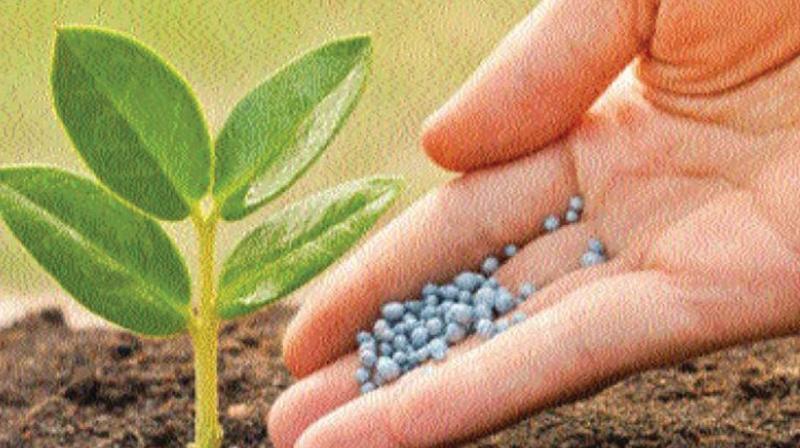Agriculture input stocks slump on erratic monsoon

Mumbai: Agri input stocks have trended lower in the last three months of erratic monsoon rains which picked up pace after a delayed start and still remains deficient in some parts of the country.
The stock price has trended lower almost in a secular manner for fertiliser, agro chemicals and seed companies, analysis of data by Financial Chronicle showed with some big names like UPL, Rashtriya Chemicals & Fertilisers, GNFC, GSFC, Bayer Cropscience and Deepak Fertilisers down between 30 to 50 per cent over the last three month period.
Pick up in monsoon had cheered agri-input stocks in late June period but its erratic nature, uneven distribution, poor fourth quarter growth in single digit as well as not much announced for the agri sector in the Union Budget seem to have impacted stocks.
According to Indian Meteorological Department (IMD) for the country as a whole, cumulative rainfall during this year's southwest monsoon season up to August 28, 2019 is above long period average by one per cent. However, rainfall distribution data over the four broad geographical regions showed major kharif crop growing areas of northwest India received 5 per cent less rainfall and east India and northeast India received 17 per cent less rainfall.
"On a cumulative basis, spatial distribution of monsoon was normal though rainfall has been somewhat weak in parts of eastern and northern India. Out of the 36 sub-divisions across India, till date, seven have received deficient rainfall, 22 have received normal rainfall, and seven have received excess rainfall," a report by Kotak Institutional Equities said.
Delayed onset of monsoon has already led to a sharp 6.4 per cent decline in paddy sowing as on August 22, 2019, said a report by rating agency Crisil.
"Paddy accounts for over 30 per cent of kharif season acreage. However, area under cotton and maize cultivation would be higher than in the previous season as higher prices have encouraged farmers to sow them," Crisil said.

